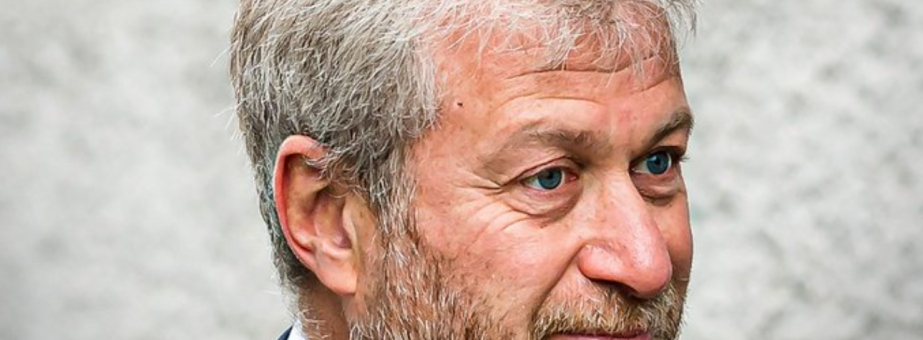The UK has added Russian oligarch and Chelsea FC owner Roman Abramovich (pictured) to its list of sanctioned individuals as part of its efforts to “isolate” Russian President Vlamidir Putin following Russia’s invasion of Ukraine — throwing the sale of the London club into doubt and prohibiting the buying or selling of players until further notice.
In a statement Thursday, March 10, the UK government said it was adding seven further oligarchs and politicians — including Abramovich — to its list of sanctioned individuals.
Chelsea owner Roman Abramovich has been sanctioned by the UK government as part of efforts to “isolate” Russian President Vladimir Putin.
Abramovich announced this month he plans to sell Chelsea, as it is “in the best interest of the Club, the fans, the employees, as well as the Club’s sponsors and partners.” This came after he declared he gave “stewardship” of the club over to trustees of the club’s charitable foundation.
But the new sanctions will see his assets frozen and will prohibit “transactions with UK individuals and businesses,” the UK’s Foreign, Commonwealth & Development Office said in a statement Thursday. The billionaire will also face a travel ban forbidding him to enter the UK.
According to the UK government Chelsea will be given a special license to continue to “fulfil its fixtures and carry out football business” — including the payment of players and club staff — but certain actions will not be permitted, such as buying and selling new players and selling tickets for games beyond those already sold to fans.
Existing season ticket holders will be allowed to attend matches as well as fans who purchased tickets prior to Thursday, March 10.
Fans can buy food and drink at these matches, according to the statement, and under the sanctions, third party retailers who bought or produced club merchandise prior to Thursday will be allowed to sell their existing stocks as long as no money is given to Chelsea. For now, the special license lasts until May 31.
“Abramovich won’t be allowed to put any money into the club or take any money out of it. As we know, he has funded Chelsea to the tune of billions of pounds and has a £1.5 billion ($1.98 billion) loan that Chelsea currently owes to Abramovich,” said Ben Peppi, sports commercial expert at JMW Solicitors, while discussing at CNN Sport programme that unless the UK government introduces a new license, Chelsea can’t be sold.
“after seeing a leaked 2019 UK government document that said Abramovich was of interest due to his “links to the Russian state and his public association with corrupt activity and practices,” the MP said in a Twitter post.
Abramovich is worth is an estimated £9.4 billion ($12.36 billion), according to the UK government.
The UK is “absolutely determined” to sanction Russian oligarchs, British Foreign Secretary Liz Truss said this month, adding that the UK was working through “a further list” of oligarchs to sanction.
“There is nowhere for any of Putin’s cronies to hide,” Truss continued.











![DSCN8074[1]](https://vandensky.files.wordpress.com/2019/05/dscn80741.jpg?w=924)